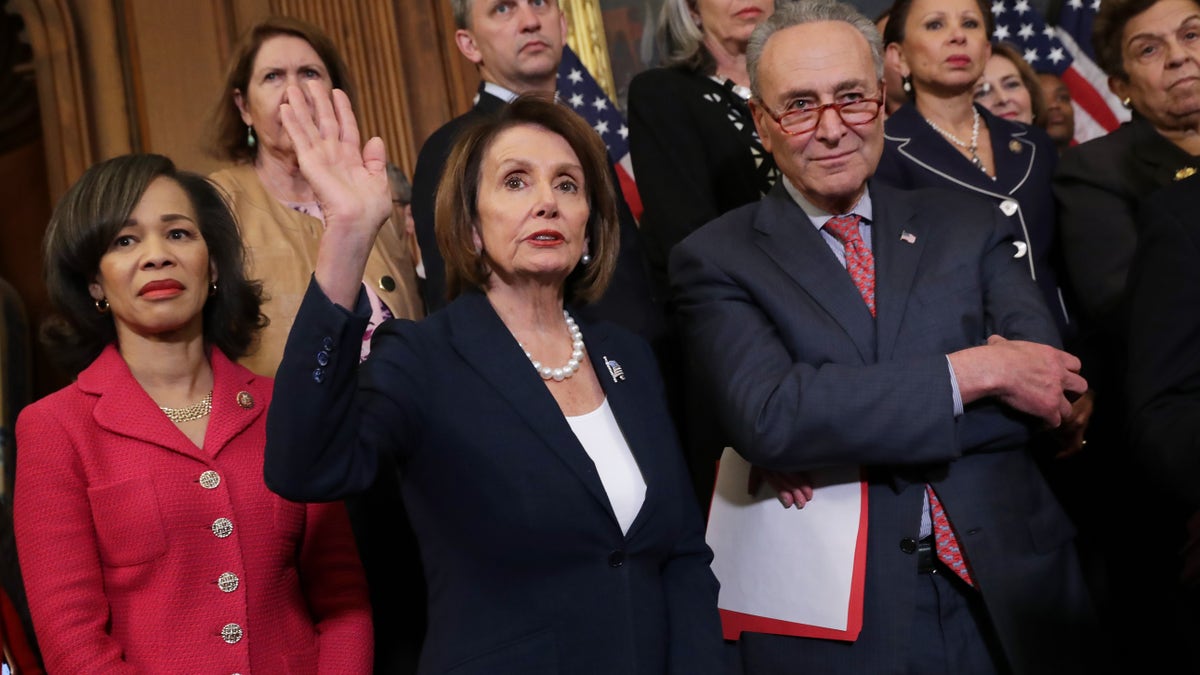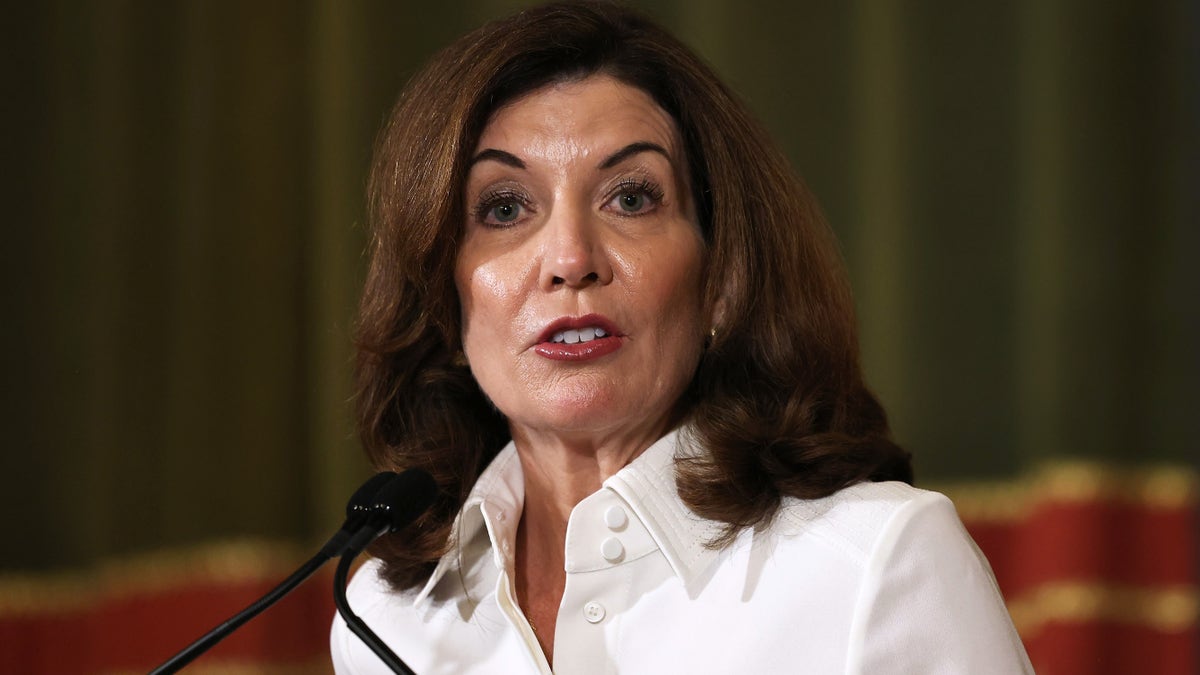As New York and California explore reparations for slavery at the state level, some activists are criticizing federal Democrats and established social justice organizations for what they perceive as insufficient action on a national scale.
Last week, the New York legislature passed a bill to create a commission to study slavery's impact and racial discrimination, with the goal of recommending potential reparations measures. While Governor Kathy Hochul's position on the bill remains unclear, its passage marks a significant step, potentially making New York the second state after California to establish such a commission.

However, the focus on state and local initiatives has sparked debate. Yvette Carnell, president of the ADOS Advocacy Foundation, argues that these efforts allow federal Democrats to avoid prioritizing reparations legislation. She points to the lack of action during periods of Democratic control in Congress and the presidency, contrasting it with the current push for state-level measures.
While some activists view these local efforts as a positive step, Carnell believes they symbolize a concession, prioritizing the needs of politicians over the affected communities. She advocates for a federal program with direct cash payments specifically for descendants of American slavery, rather than programs like Evanston's housing initiative, which she feels has been mischaracterized as reparations.
Nkechi Taifa, executive director of the Reparation Education Project, offers a different perspective, seeing state and local commissions as valuable tools for addressing community-specific issues. She emphasizes that these local efforts should complement, not replace, federal legislation, advocating for a multifaceted approach to reparations that acknowledges the diverse harms caused by slavery and subsequent discrimination.

Critics of reparations argue against holding current generations accountable for past injustices, citing the impracticality and financial burden of such programs. These concerns are particularly relevant given New York's projected budget deficit and the substantial cost estimates associated with California's reparations proposals, which include potential payments of up to $1.2 million per eligible individual and a total estimated cost potentially reaching $800 billion.

Carnell acknowledges the financial challenges, particularly for local programs, and questions their ability to adequately compensate descendants of slavery given budgetary constraints. The debate highlights the complex considerations surrounding reparations, balancing the call for redress with practical limitations and differing views on the most effective approach.

The ongoing discussions in New York and California underscore the growing momentum of the reparations movement, even as significant questions about implementation and scope remain unresolved.
Comments(0)
Top Comments